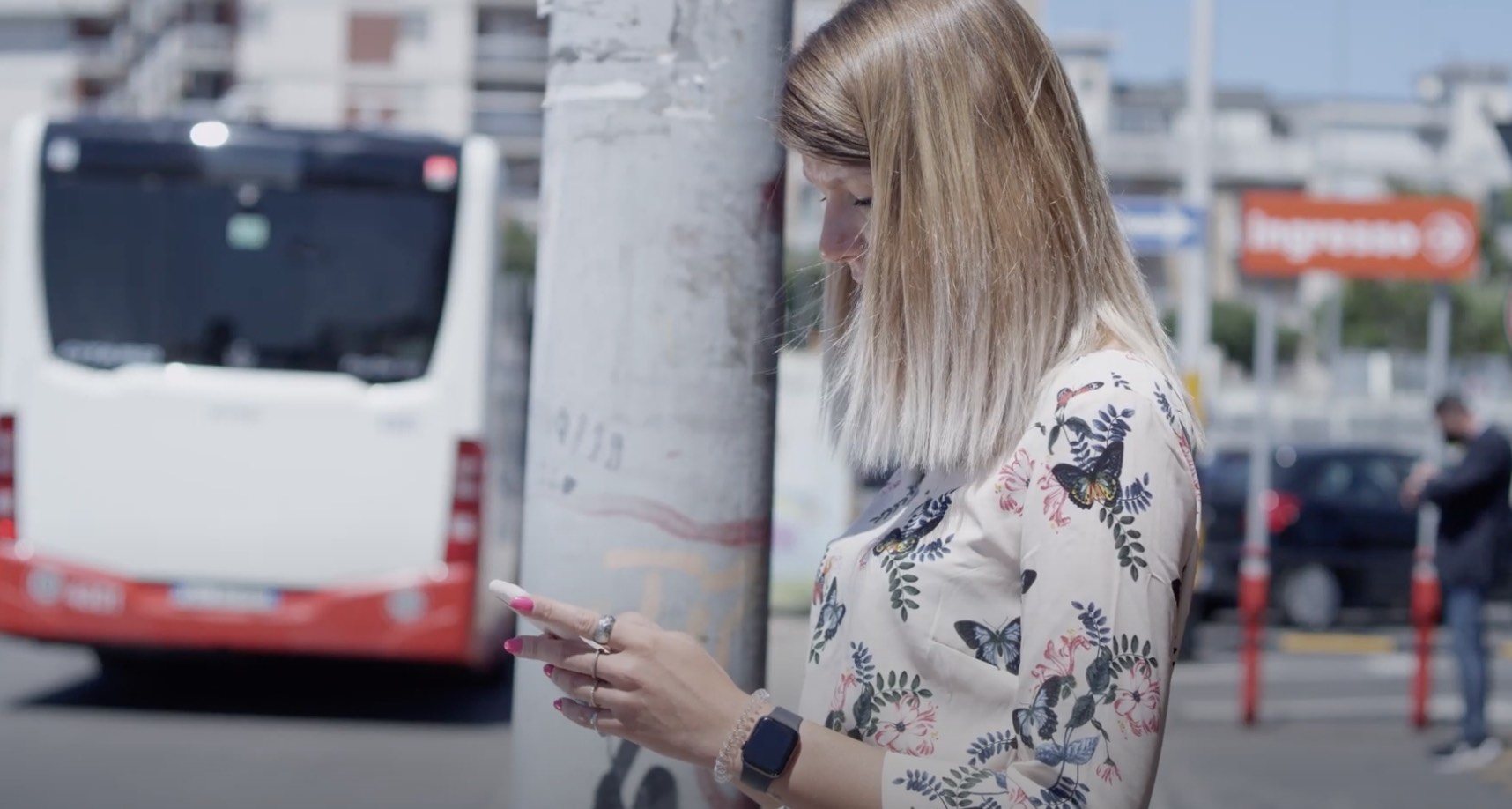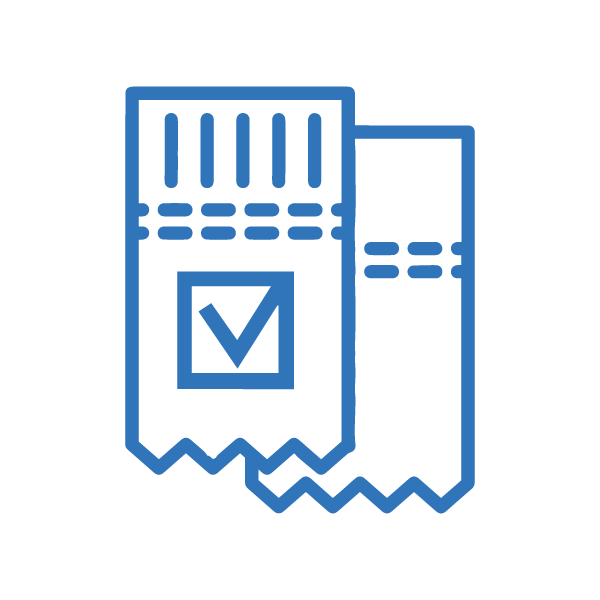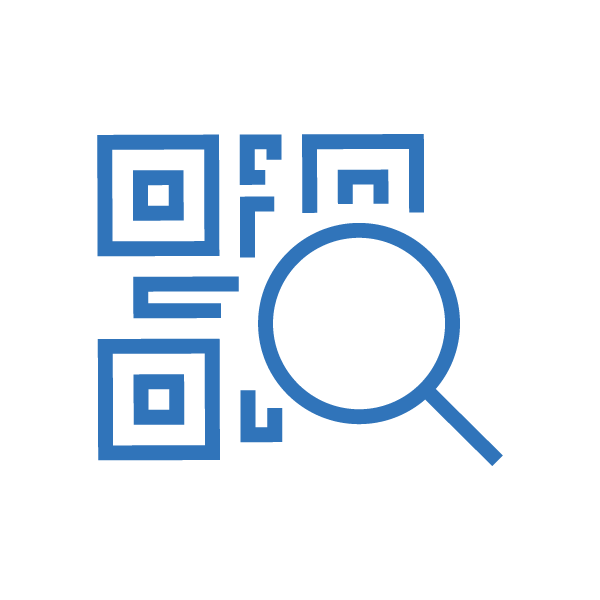Sales may be distributed, but governance remains central.
Telemaco orchestrates all sales channels from a single back office, ensuring fare consistency, full control of financial flows and complete data transparency.
Physical ticket offices, retail networks, vending machines, mobile apps, web portals, onboard devices and third-party channels coexist within one ecosystem, where every channel is configurable, monitorable and fully accountable.
In multi-operator environments, the platform guarantees data segregation, commercial confidentiality and certified interoperability.











